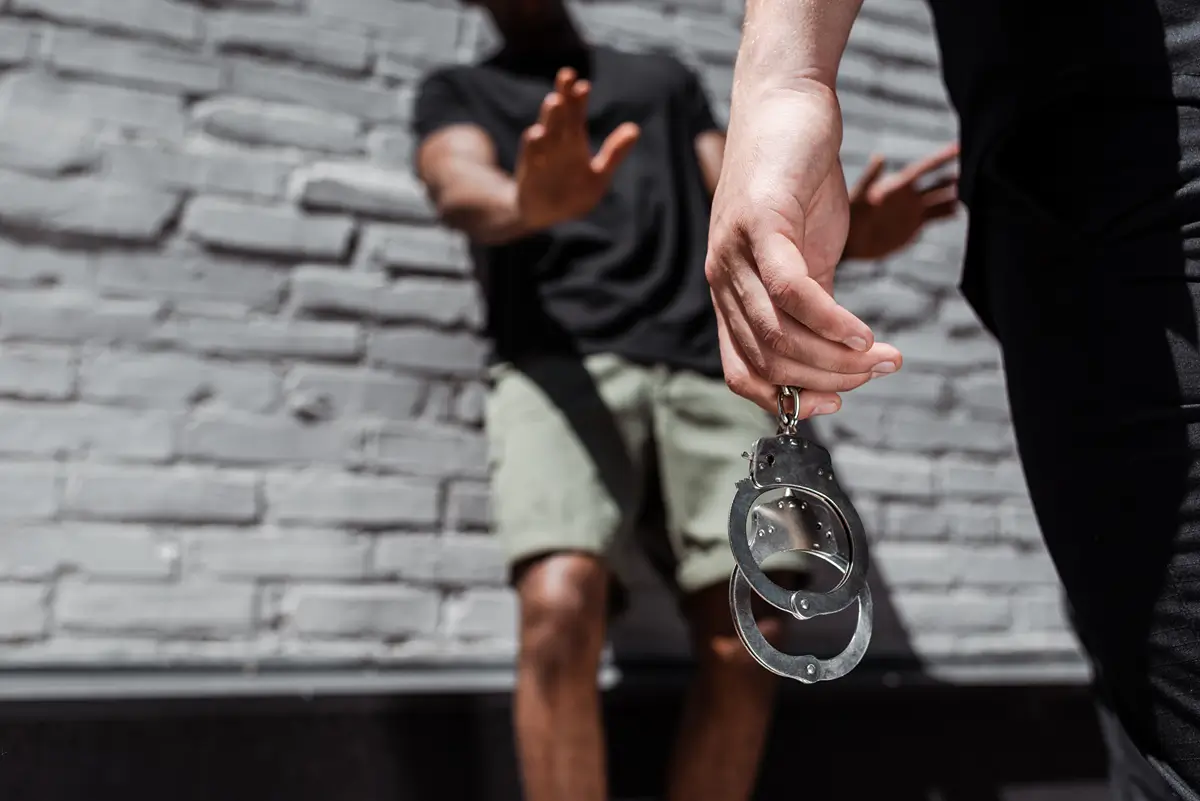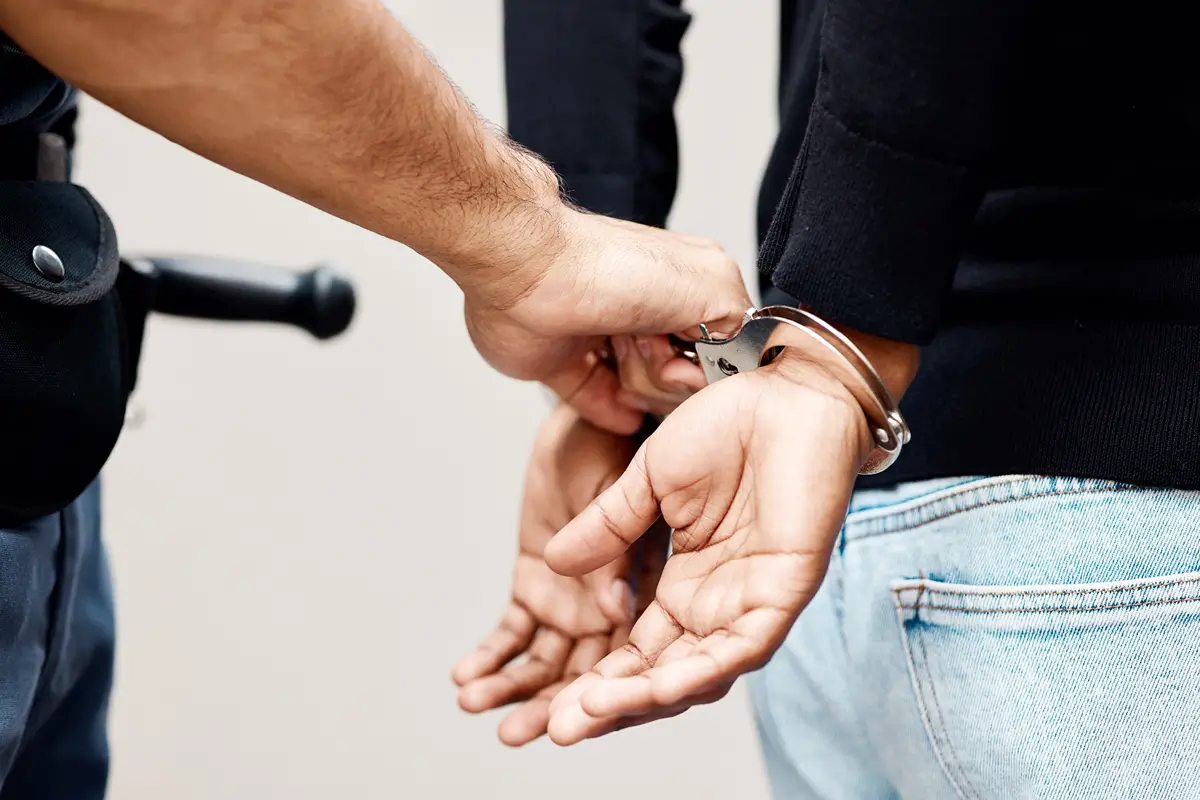If you get pulled over for suspicion of drunk driving, or Operating a Vehicle While Intoxicated (“OVWI”), do you have the right to refuse a breath test? This is a common question for drivers and people concerned about protecting their fundamental rights. The answer might surprise you.
Implied Consent in Indiana
Under Indiana law, driving is considered a privilege – not a right. By getting behind the wheel, you automatically consent to a chemical test to measure your blood alcohol content. Although the United States Supreme Court has ruled that police officers cannot physically force you to submit to a chemical test without a warrant, the law can impose harsh penalties for refusing.
If a law enforcement officer has probable cause to believe you are driving under the influence of drugs or alcohol, you are required to submit to a certified chemical test. Under Indiana law, the chemical test can include blood, breath, or urine samples. Many people mistakenly believe that the portable, roadside test an officer offers will satisfy this requirement, but it will not. The portable test is not certified, and therefore not admissible as evidence in court. Even if you agree to take a portable roadside test, you will still need to provide a second breath test at the police station, or a blood test at a hospital. If you refuse, you will automatically lose your license for at least one year.
The Indiana Bureau of Motor Vehicles, which is an administrative agency, is responsible for suspending your license if you refuse a certified chemical test. This automatic suspension, known as an “administrative suspension”, will be ordered by the judge at your initial hearing if the police present evidence that you refused a chemical test. Even worse, refusing to submit to a chemical test is probable cause to obtain a search warrant to forcibly draw your blood. By refusing, you will not prevent yourself from being arrested for operating a vehicle while intoxicated (“OVWI”), and you may not even be able to prevent the police from gathering evidence of your blood alcohol level. The only thing that refusing a chemical test will do is increase the amount of time of your license suspension
Adding to your difficulties, if you are ultimately convicted of OVWI, the court will impose an additional suspension on top of the automatic administrative suspension. Penalties for first-time offenders include license suspensions ranging between 90 days and two years. Additionally, refusing a certified chemical test will prevent you you from obtaining a “hardship license” allowing you to drive to work. As these suspensions pile up, they can seriously jeopardize your ability to work and take care of everyday errands and family obligations.
Indiana OVWI Penalties
Under Indiana law, there are four separate OVWI offenses. “Operating while intoxicated” is a class C misdemeanor that involves driving a car under the influence of alcohol or drugs to the point where you are too impaired to drive. Contrary to popular belief, there is no specific legal blood alcohol threshold required for this type of OVWI. Standard OVWI is bumped up to a class A misdemeanor if you endanger another person in the process. Driving with a blood (or breath) alcohol level above .08 percent is a class C misdemeanor. This becomes a class A misdemeanor if your BAC is .15 percent or higher.
In Indiana, class C misdemeanors carry a penalty of up to 60 days in jail and a $500 fine. Class A misdemeanors are punishable by up to one year in prison and fines up to $5,000. Any OVWI crime is punishable as a felony if it involves a child passenger or results in death or serious injury. You can also be charged with a felony if you have prior convictions or if you seriously injure yourself or another person.
Beating an OVWI Charge
If you have been charged with OVWI, there are a number of ways to challenge the prosecution’s case against you. To obtain a conviction, the prosecution must prove its case beyond a reasonable doubt. This is a very high legal standard. An attorney well-versed in criminal defense may be able to present evidence that the chemical test was performed improperly. Police officers make mistakes just like everyone else, and if the officer’s evidence is based entirely on observations made during a field sobriety test, your attorney may be able to create a suspicion of doubt surrounding the officer’s methods. Additionally, your lawyer may be able to challenge evidence collection procedures. If successful, the court must suppress certain evidence or even throw it out altogether.






